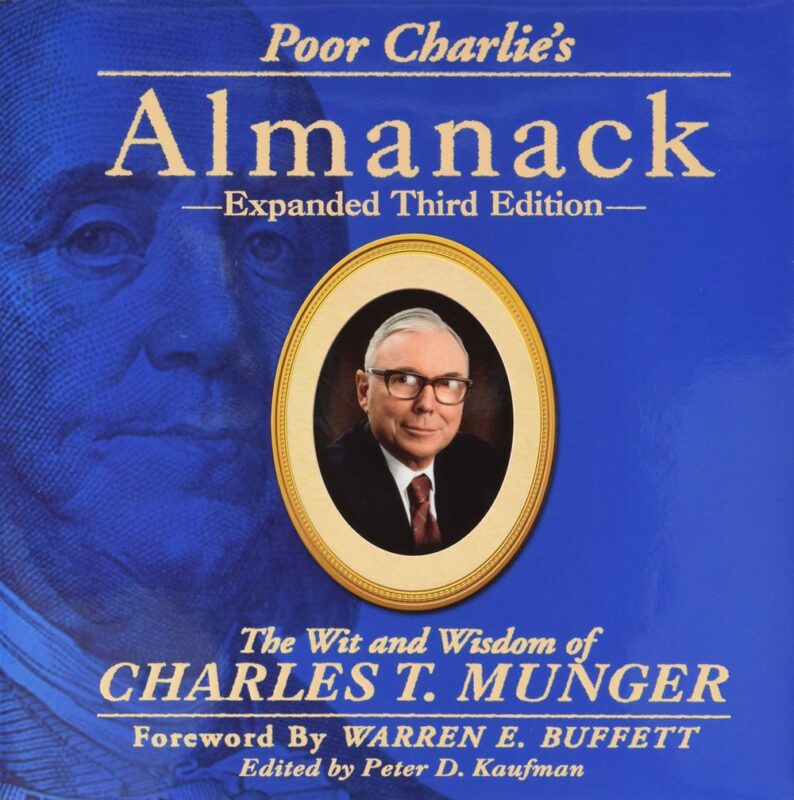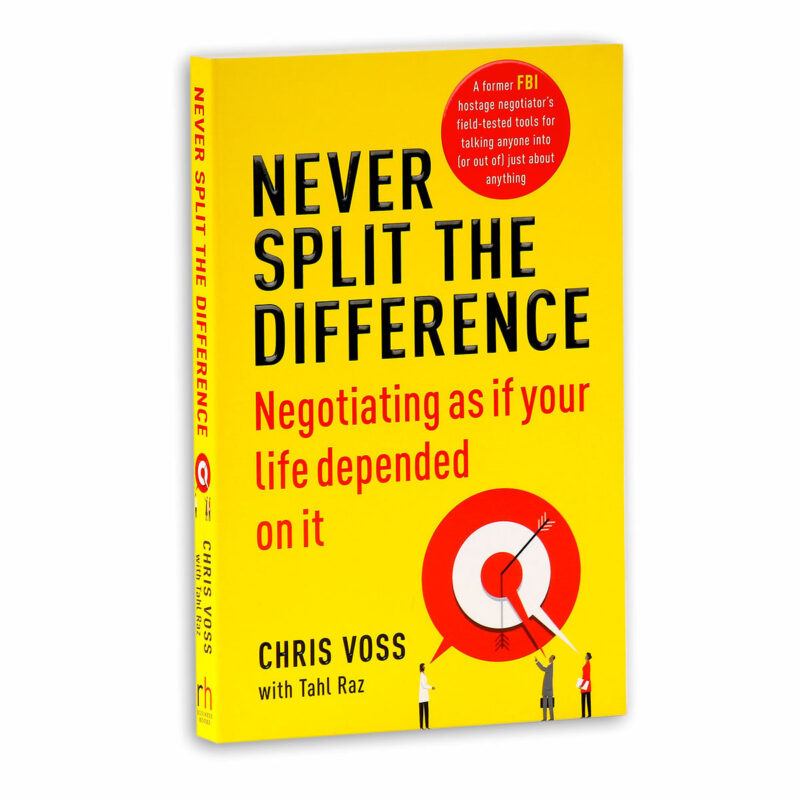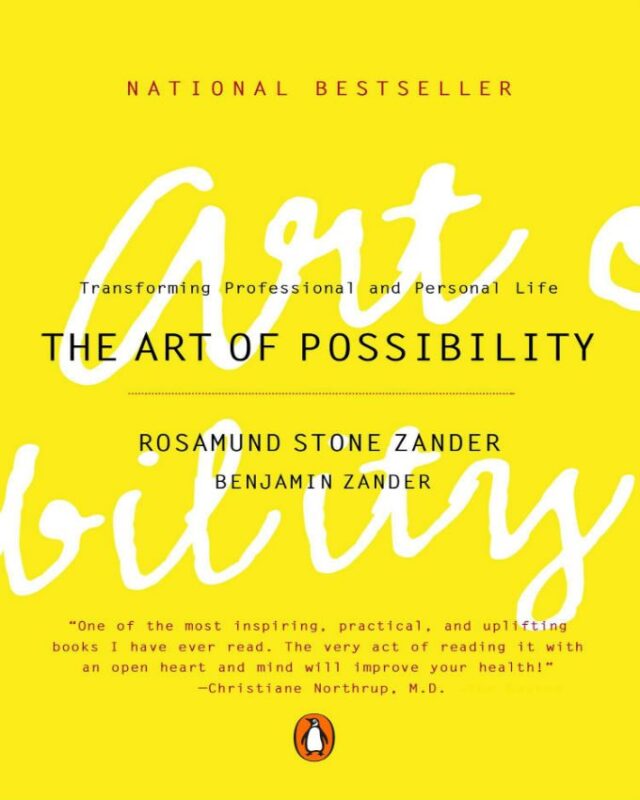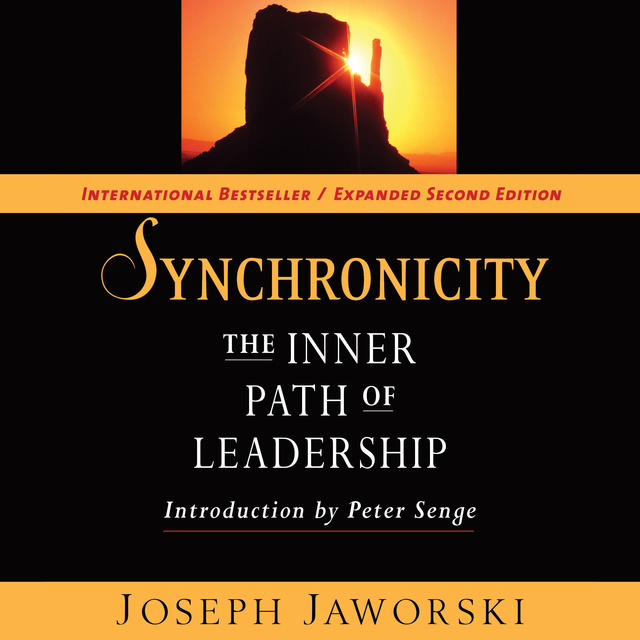8 Must-Read Business Books for CEOs & Leaders in 2025
Reading time: 5.5 Min
TEC Canada Book Club Vol. 2
Welcome to part two of the best books for business leaders. From the reading lists of TEC Chairs and members, this edition covers everything from preventing burnout to implementing a culture of accountability.
As reflected in their reading, TEC Business leaders are dedicated to expanding their perspectives and building a strong Canadian economy. We hope you find this collection productive and inspiring.
Best Leadership Books for Decision-Making

1. Poor Charlie’s Almanack by Charlie Munger
Recommended by TEC Member, Stéphane Rivard
Stéphane Rivard, TEC Member and CEO of HiringBranch, describes “Poor Charlie’s Almanack” as one of the best business books of all time. This book is a collection of speeches and proven strategies from Charlie Munger, Warren Buffet’s long-time partner and one of the world’s great leaders. Stéphane notes that the chapter on psychology is full of wisdom that applies directly to leadership and decision-making. He has even shared key chapters with his team at HiringBranch.
One particular principle that resonates with Stéphane is to “invert” problems. This concept encourages leaders to think in reverse, formulating their goals and then determining the steps needed to achieve them. Stéphane reflects, “It’s about seeing things from a different angle, which has been invaluable in running HiringBranch.” This book is a must-read for developing leadership skills such as decision-making and strategic thinking.

2. Never Split the Difference by Chris Voss
Recommended by TEC Chair, Chris Hardwick
Chris Voss is a former FBI hostage negotiator who makes his craft more accessible to a general audience through this book. He presents a unique approach to negotiation that favours empathy, active listening, and tactical techniques over traditional, logic-driven methods. One major difference is to view negotiation not as a compromise but as an opportunity to understand and influence the other party’s emotions and motivations.
For business leaders, this means going beyond standard win-win tactics. By using Voss’s strategies, leaders can better navigate complex deals, manage difficult conversations, and build stronger relationships. A few key takeaways are the following:
- Mirroring and Labeling: Reflecting and summarizing the other party’s words and feelings to demonstrate understanding and build trust.
- Tactical Empathy: Recognizing and verbalizing the emotions behind a counterpart’s position to diffuse tension and create an atmosphere of collaboration.
- Calibrated Questions: Using open-ended questions to encourage the counterpart to provide information, reveal their goals, and think more deeply about the problem.
- Accusation Audit: Acknowledging potential objections and concerns upfront to reduce resistance and establish credibility.
Best Books for New CEOs and Entrepreneurs

3. Grit: The Power of Passion and Perseverance by Angela Duckworth
Recommended by TEC Chair, Tanya Chapman
“Grit” examines the traits that drive perseverance and resilience—critical components for success in both business and life. Tanya Chapman, TEC Chair, appreciates how Angela Duckworth unpacks the personality trait (grit) that creates a survivor instinct and builds resilience. Drawing from her own life, Tanya adds, “I’ve always admired my mother’s survivor attitude, and this book provides great insights on developing that same resilience.”
Duckworth’s research-backed exploration makes “Grit” one of the best books for leadership and management, as well as for parents aiming to nurture resilience in the next generation. In a recent TEC blog, we also explore how grit is a defining characteristic of successful entrepreneurs.

4. Burnout: The Secret to Unlocking the Stress Cycle by Emily Nagoski and Amelia Nagoski
Recommended by TEC Chair, Tanya Chapman
Tanya Chapman calls “Burnout” an essential read for anyone in a business environment, with special relevance to women in the workplace. She notes, “This book takes us through the primal responses we have for flight or fight, how these responses are triggered in the business world, and most importantly, provides proactive strategies for physical, mental, and emotional well-being.”
The book’s exploration of managing stressors and preventing burnout resonates deeply with today’s leaders and employees, offering practical strategies to thrive in high-pressure environments. If you struggle with burnout, consider adding this book to your shelf.
Best Business Management Books

5. How Leaders Can Inspire Accountability by Michael Timms
Recommended by TEC Chair Lindsay McMurray
One of the best leadership books for new managers is How Leaders Can Inspire Accountability. Michael Timms’ book is a guide to help you build a culture of accountability. The alternative, he describes, is a culture of blame which leads to a chain reaction of team dysfunction. A culture of blame creates cycles that foster fear rather than collaboration. With actionable strategies and mindset shifts, Timms argues the importance of accountability and includes a step-by-step process for implementing it.
Drawing from his extensive experience in leadership development, Timms identifies eight practices that create an accountability culture. Some highlights include delegating, removing emotion, and leading with inquiry. For example, effective delegation does not mean passing on responsibility but rather equipping one to succeed. Removing emotion eliminates tones of anger, preventing the receiver from feeling blamed.
He also offers case studies to demonstrate how leaders can bridge these accountability gaps effectively. Whether it’s setting clear expectations, creating an environment of trust, or handling difficult conversations, this book helps executives lead with integrity.

6. One Minute Manager by Ken Blanchard and Spencer Johnson
Recommended by TEC Chair, Suzie Beaudoin
Human interactions are becoming more complicated in the workplace. To be an effective leader, executives now engage in extensive people management. However, they often don’t have the time or the opportunity to gain experience for such a role.
Suzie states that “good and brave leadership is all about the ability to demonstrate seven great skills: Communication (verbal and nonverbal), motivation around common goals (for yourself and your team members), confidence (in yourself and others), being able to provide great feedback, help others become more accountable and responsible for their actions, and, of course, emotional and relational intelligence.”
This book does a great job of touching on the seven skills mentioned above and is a great reference for new managers. As one of the best books for leadership skills, it represents a great eye-opener or a reminder, of key strategies to follow.
The book is also now available in French.
Best Books on Leadership Self-Awareness

7. The Art of Possibility by Benjamin Zander and Rosamund Stone Zander
Recommended by National Director of Chair Development and TEC Chair, Peter Buchanan
In “The Art of Possibility,” Benjamin Zander, a conductor for the Boston Philharmonic Orchestra, and Rosamund Stone Zander, a therapist and executive coach, blend their insights into a guide for unlocking human potential. This book has an innovative approach to leadership, emphasizing the transformation of personal and professional perspectives.
Through stories, parables, and personal anecdotes, this book challenges conventional thinking, inviting leaders to create possibilities instead of just problem-solving. Zander encourages us to think as performers and passionate communicators who radiate possibility. It is a compelling read for those who believe that leadership extends beyond strategy to the creation of a vision that inspires others to reach their fullest potential.

8. Synchronicity: The Inner Path of Leadership by Joseph Jaworski
Also recommended by TEC Chair Peter Buchanan, President of Management Transitions Ltd.
Joseph Jaworski’s “Synchronicity” is a profound exploration of leadership as an inward journey. Peter Buchanan recommends this book to those looking to deepen their self-awareness and understand the role of inner purpose in leading effectively.
Jaworski’s life story highlights how personal transformation can influence leadership style and impact. The book is filled with insights on harnessing intuition and aligning personal and organizational values, making it a must-read for leaders seeking a deeper connection with their work and teams.
That concludes our second volume of the TEC Canada book club. We hope you find that these books offer valuable lessons for every stage of your leadership journey. If you haven’t read our first collection of the best business books, follow this link to discover more about moving from a good to a great leader.


